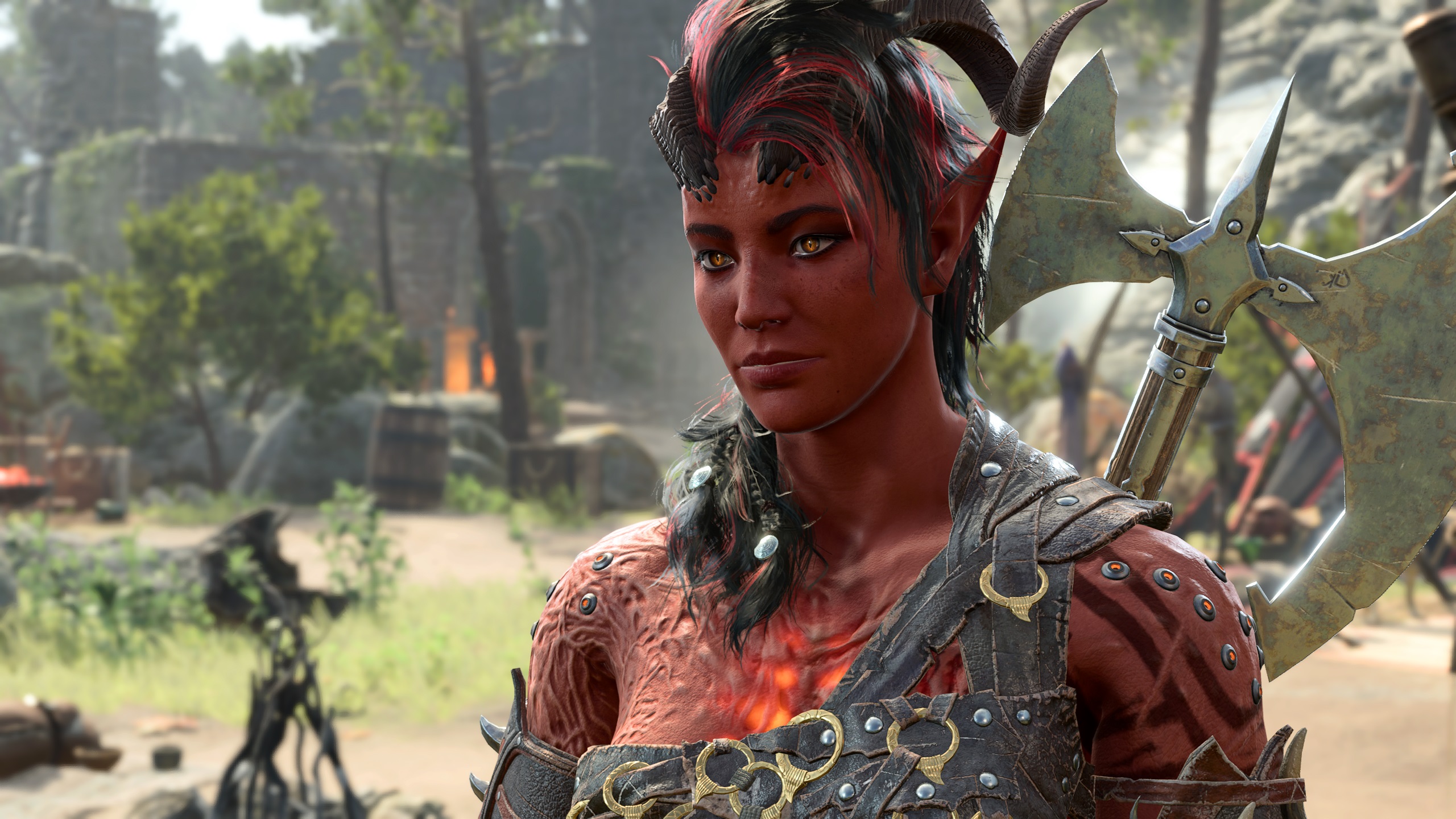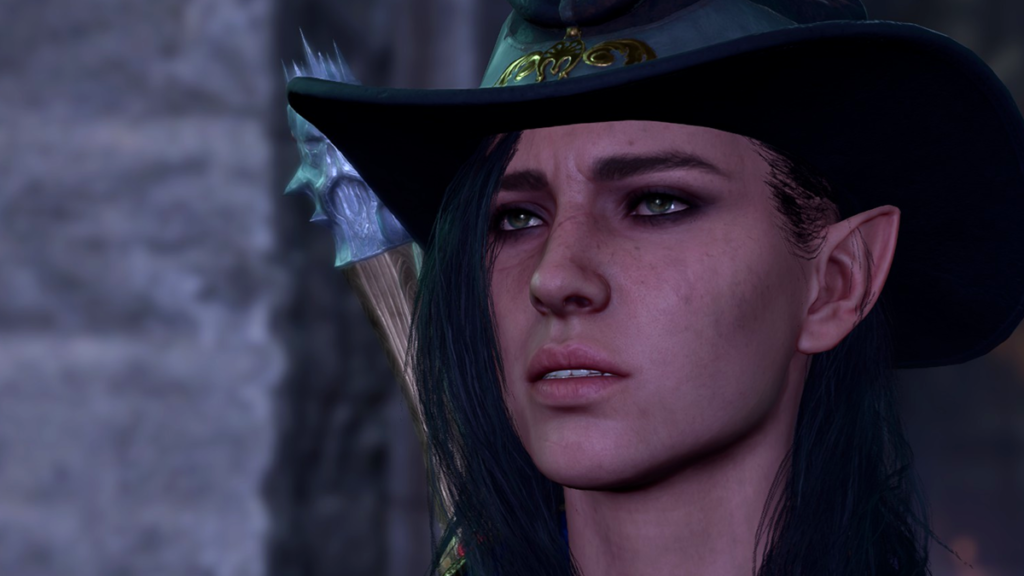Unless you've had a tough life, you'll know that Baldur's Gate 3 did well. Winner of nearly every major Game of the Year award, and sparking an industry-wide debate about video game quality, he won one of our top games of the year. Check your score.
It also worked out very well as a licensing deal with Hasbro, which owns Wizards of the Coast, which created Dungeons & Dragons 5th Edition. Baldur's Gate 3 has a tabletop rules system built on top of that.
Unfortunately for the company, Larian is moving on to other, if not greener pastures, said Dan Ayoub, head of digital product development at Wizards of the Coast. stated that they have no plans to stop the company moving forward, saying, “Hasbro actually makes video games…We have significant investment in our studio structure and we have 10 games currently in development. It’s over a billion dollars.”
This is according to a recent interview with GamesIndustry.biz. Ayoub went on to say that Hasbro's MO “has always been about play, and it's always been about entertaining people. And games are the primary form of entertainment for many people, and that's something that will only continue to grow.” '', he claimed.
This feels like a bit of a strange revelation now—TTRPGs and RPG games have always shared a lot of DNA, especially considering that one essentially came from the other. After all, Baldur's Gate 3 isn't the first entry in the series, with classics like NeverWinter Nights and Vampire: The Masquerade Bloodlines firmly rooted in dice, pen and paper. We have a lot. Surprisingly, Cyberpunk 2077 was born from his TTRPG product.
“One of the great things we've learned from the success of Baldur's Gate 3 is that people really, really like a great, well-made D&D game,” he says, exclaiming that the water is wet. As surprising as it might be, Ayoub thinks: Well, I'm being a bit unkind.
BG3 is completely groundbreaking in its quality and is certainly very different from the CRPGs of yore, which were primarily done with text boxes and crunchy stat sheets. There's nothing wrong with that, but even the most die-hard CRPG fans will admit that sort of thing. Rarely does it scream “popular appeal.”
Ayoub goes on to talk about Hasbro's upcoming GI Joe game and plans for Exodus, the original mass effects-adjacent IP that was shown off at The Game Awards last year. It is being developed by Wizards of the Coast's development studio Archetype Entertainment, and is being helmed by BioWare veteran James Ohlen.
“What we're trying to do there is let the dog wag its tail a little bit and take things in a different direction for the company. It's something new. We're creating new IP through video games and ”Given Hasbro's size and scale, they can do other things as well. ”
Regarding Baldur's Gate 3, Ayoub calls it “a great example of doing a brand in an authentic way…The players came, they loved it, they wanted more. And that's why other brands But I think you'll see it the same way.

As I wrote earlier this year, I'm a bit skeptical that Baldur's Gate 3's success was due to the brand's temporary strength. However, it certainly helped that it was a D&D game. Rather, it was a game that owed much to the efforts of the people who actually made it. Ayoub's comments struck a particularly strange note given that Hasbro last year laid off most of the original employees who were involved in brokering the deal.
Still, Ayoub said, “We'll keep everything in the oven for as long as we have to. We're not rushing anything out…Video games are essential to Hasbro's strategy for the next 100 years.” That's the part, I promise. This marks the end of his century-long partnership. At the very least, I'm open to the possibility that Wizards of the Coast can continue to do well if they continue to choose the right people for their projects.


